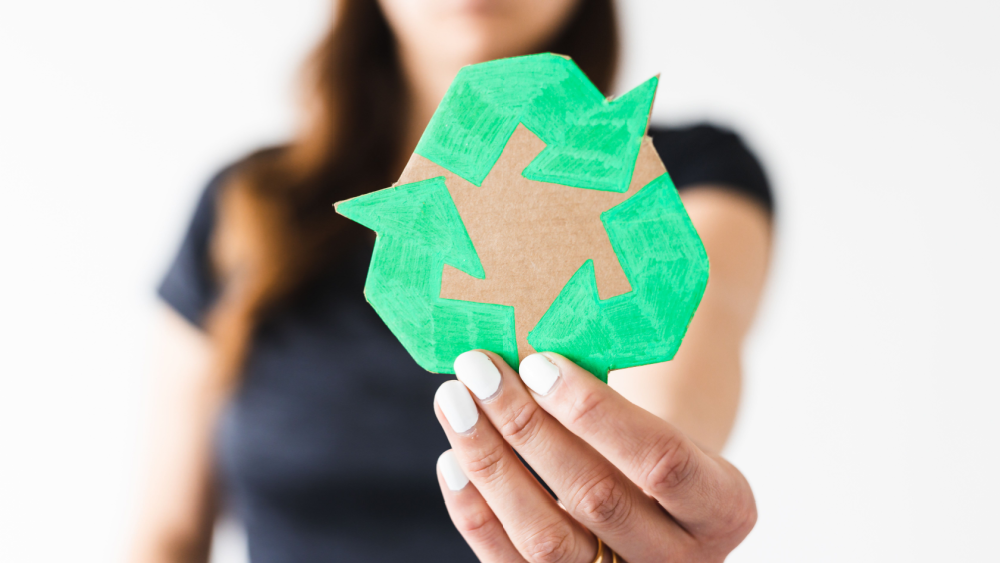At its core, the circular economy embodies a systemic approach to economic development through minimizing waste and maximizing resource efficiency. Skanem India recognizes the imperative need for sustainable practices in the packaging industry and have made significant strides toward embracing the circular economy ethos.
The transition towards circular packaging solutions holds immense promise for both businesses and the environment. By embracing circularity, companies can:
- Reduce Environmental Footprint: Circular packaging minimizes waste generation and reduces the consumption of finite resources, thereby mitigating environmental degradation.
- Enhance Brand Reputation: Embracing sustainable practices fosters consumer trust, positioning companies as responsible stewards of the environment.
- Drive Innovation: The shift towards circular packaging necessitates innovation, driving research and development in sustainable materials and production processes.
Through the adoption of sustainable materials, recyclable solutions, and clear labelling practices, Skanem India is leading the charge towards a more sustainable and environmentally conscious future. Here are 3 ways we are contributing to the circular economy through sustainable labelling and packaging practices.
1. Developing and implementing sustainable labelling solutions
Leveraging recycled content and bio-based materials doesn’t only help minimize the carbon footprint, but also sets a precedent for sustainable innovation in the industry. In a bid to reduce reliance on virgin resources and mitigate environmental impact, Skanem India is pioneering the use of sustainable materials in label production, including:
- PCR
- Forest Stewardship Council Certified Material / FSC certified Suppliers
- rPE Labels
- Labels made from plastic waste near oceans
Creating labels that are not only recyclable but also compostable is key to reducing landfill waste. In combination with the correct packaging materials, this aids in promoting a more circular approach to packaging through:
- rPET in labels: Made from recycled PET bottles, promoting the recycling loop
- Glass Recycling / One-way glass: Simplifies recycling processes and reduces waste
- Wash-Off Technology: Enhances the recyclability of PET containers by simplifying label removal
- Cleanflake Adhesive: Enables quick removal of labels from containers
Implementing source reduction strategies and adopting solutions aimed at reducing waste at the source are also essential steps in minimizing environmental impact and promoting sustainability
- 60 PP to 50 PP
- 85 PE to 65 PE
- 36-micron PET (being introduced)
Read more: Do you have a sustainable packaging and labelling strategy?
2. Clear & Informative Labelling

Empowering consumers to make informed choices about recycling and composting is paramount to fostering a circular economy. It evokes positive change at the grassroot level. To do so, they must easily be able to identify and dispose of packaging materials responsibly.
3. Collaborating with Stakeholders
As part of a collective effort, Skanem India collaborates with suppliers, partners, and consumers to create a sustainable ecosystem. By fostering strong relationships and encouraging stakeholder participation, the company ensures that its sustainability goals are met and exceeded.
Read more: Labels: A window between brand and consumer
Challenges and solutions in the circular economy
The road toward a circular economy is filled with several hurdles, including:
- Technological limitations
- Stricter standards and policies on a global level
- Resistance to change
Simultaneously, future trends point towards increased use of biodegradable materials, smarter packaging solutions, and enhanced recyclability.

Skanem India has developed robust strategies to overcome these challenges and adapt to a dynamic industry environment. These include:
- Investing in R&D
- Adopting new technologies
- Promoting a culture of sustainability within and outside the organization
Moreover, we not only ensure compliance with changing regulations, but also actively participate in policy advocacy. Through these measures we continue to extend our expertise far beyond India’s borders.
A commitment to rethinking packaging through the lens of the circular economy serves as a beacon of hope in an otherwise uncertain future. By prioritizing sustainability and driving innovation, Skanem India is not only shaping the future of packaging but also paving the way for a more resilient and regenerative economy.







